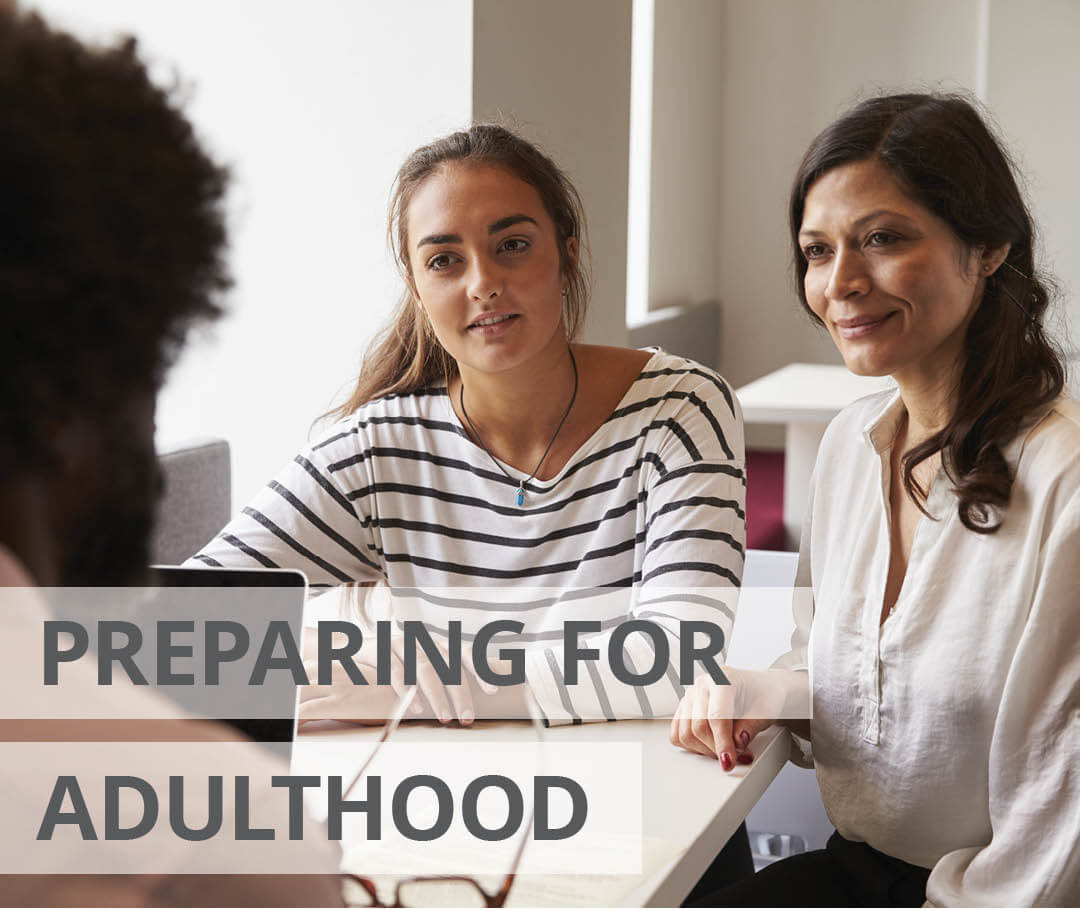Preparing for a Meaningful Adulthood

FEATURED POSTS
March 2, 2026
February 25, 2026
February 25, 2026
We have had the pleasure of speaking with some amazing people in the course of our radio show, and one topic, Preparing for Adulthood is one we feel very passionate about and to be able to speak with Dr. Peter Gerhardt on the topic was an extraordinary experience.
So much important information was covered; we want to share some of the highlights of what was discussed.
None of us have a prescribed life. The good and bad unfold as we grow, which allows for choices, interest, and opportunities to learn about ourselves. For our kids with autism, we need to make room for such experiences in their lives. We need to ask ourselves how we can access their interests and strengths.
Education is important but it is not everything. Academics without adaptive skills will not solely enable them to have lives with meaning. We need to start early, utilizing practical opportunities for life skills.
Peter gave a great example of this:
- If we teach a child at age 5 to put on a robe after his bath we are doing him a great service. A five year old running around the house naked is cute but at age 15…not so much. Teaching the lesson at a later age may be difficult and meaningless to a teen.
- We also spoke today about the importance of teaching sexuality and that there should be two primary objectives:
- Safety – We put a lot of focus on compliance training with our kids but we also need to look at teaching non-compliance. When/where/how do they say “NO”?
- Understanding their changing body – Sexuality is still a bit of a taboo in our society but when you get right down to it, it is behavior just like everything else, and an important one for most people on the planet.
We also discussed the importance of looking at the needs of our kids. Think about how independent your child can be in the next year, and in the next five years. What experiences and goals will get him there?
Peter shared that his teaching staff are required to write a summary paragraph on the value of the IEP before discussing it with the parents. They are challenged to clarify for the parents: If all of our goals are met, the child’s life will be changed in the following ways…
Dr. Gerhardt also made the following suggestions:
- Have a real vision of the outcomes you want for your child (more than just “better”). What do you expect? How will they access the community, a job, and relationships? How will they assert their preferences and expect what they do to have meaning?
- Leave room for growth and learning. Some skills should have 80-100% accuracy but we also need to put focus on learning how to fix stuff when it is not right. That ability to adapt and change will be a huge benefit to their life. And never forget that failure is OK. It is an opportunity to learn. And if you work to expose your child to many opportunities in the community, then failure is inevitable. It is for all of us.
- When preparing for the future, give your child opportunities for job sampling. This can be as simple as household chores at times. But also give them opportunities for LEISURE and RECREATIONAL SAMPLING. We need to give our kids the opportunity to discover those abilities and preferences that will be meaningful for them. Use the “5 time” rule. If you have your child try an activity 5 times, it allows them the chance to see what they like. If after 5 times, they don’t enjoy it, it probably isn’t a fit for them.
- Remember to step back and every so often, away from the schedules and pressures of your routine and try to imagine your child’s future. Allow and support time for lots of different types of experiences so that they might discover what excites them. Giving them opportunities to succeed and fail will open them to preferences they have for jobs and relationships.
RESOURCES:
- Employment: www.worksupport.com
- Sexuality: www.scarleteen.com
- Peter Gerhardt: www.mccartonfoundation.org and www.researchautism.org
- Listen to this episode of Autism Spectrum Radio on our Radio Shows page





